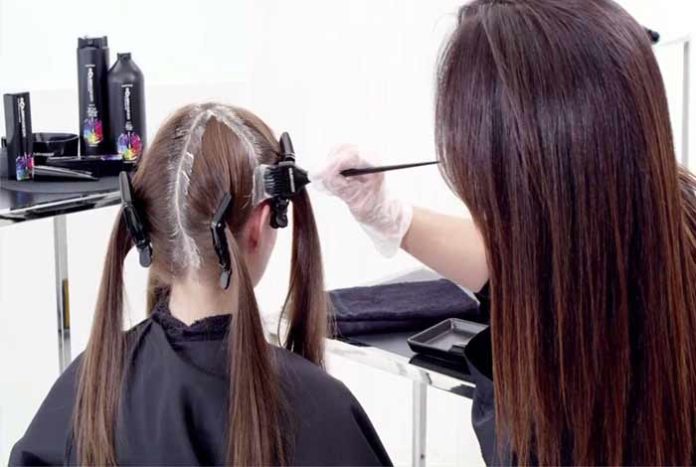
Professor Kefah Mokbel, at the Princess Grace Hospital in Marylebone, London, suggests that women should dye their hair not more than 2-5 times a year and who color their hair frequently may get 14 % increased risk of developing breast cancer.
He recommended using more natural products for hair, like henna, beetroot or rose hip. He further said, “What I find concerning is the fact that the industry recommends women should dye their hair every four to six weeks.”
“Although further work is required to confirm our results, our findings suggest that exposure to hair dyes may contribute to breast cancer risk.”
“The positive association between the use of hair dyes and breast cancer risk does not represent evidence of a cause-effect relationship,” he wrote.
Women are advised to reduce exposure to synthetic hair dyes to 2-6 times per year and undergo regular breast screening from the age of 40
— Kefah mokbel (@breastguide) October 14, 2017
It would be preferable to choose hair dyes that contain the minimum concentration of aromatic amines suchas PPD (less than 2%)
— Kefah mokbel (@breastguide) October 14, 2017
It is reasonable to assume that hair dyes that consist of natural herbal ingredients such as rose hip, rhubarb etc are safe.
— Kefah mokbel (@breastguide) October 14, 2017
Sanna Heikkinen from the Finnish Cancer Registry told that separate Finnish research discovered a connection between women who develop breast cancer and use hair dye.
“We did observe a statistical association between hair dye use and risk of breast cancer in our study,” she said.
But just like Mokbel, Heikkinen too emphasized that scientists are not that certain of a cause-effect link.
“It is not possible to confirm a true causal connection,” she said. “It might be, for example, that women who use hair dyes also use other cosmetics more than women who reported never using hair dyes.”
Haircare professionals at the Cosmetic Toiletry and Perfumery Association says, hair dyes are subjected to strict safety requirements.










